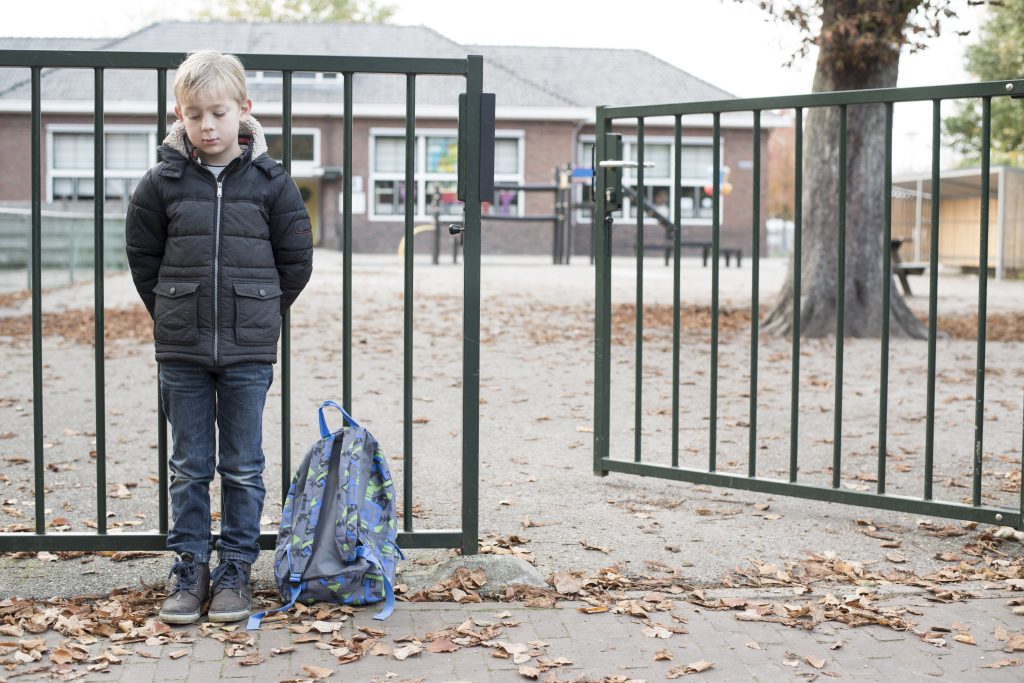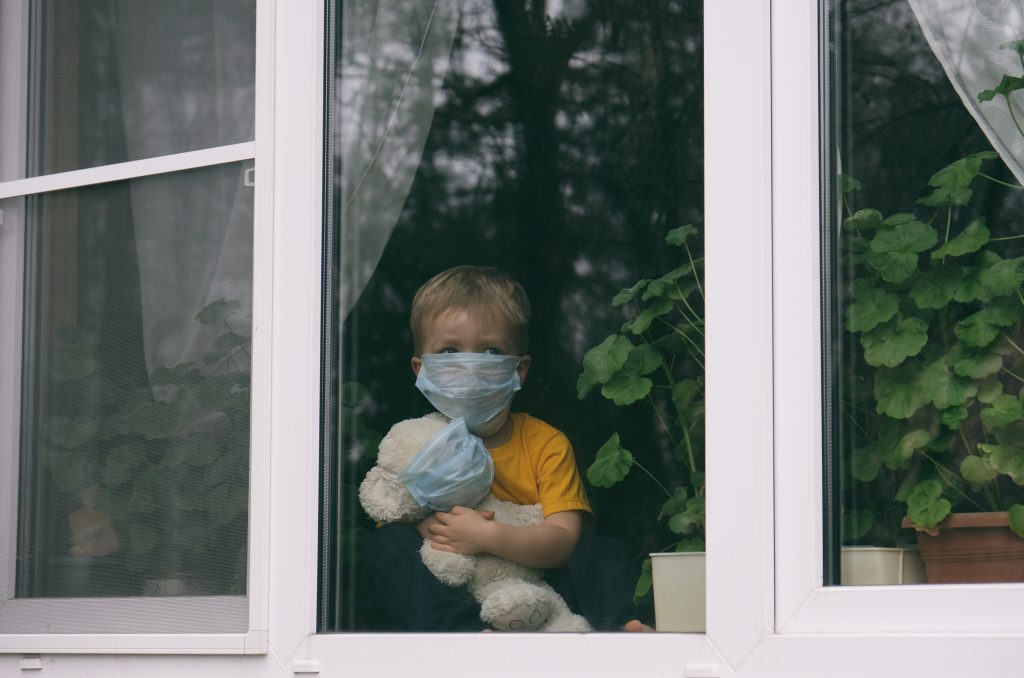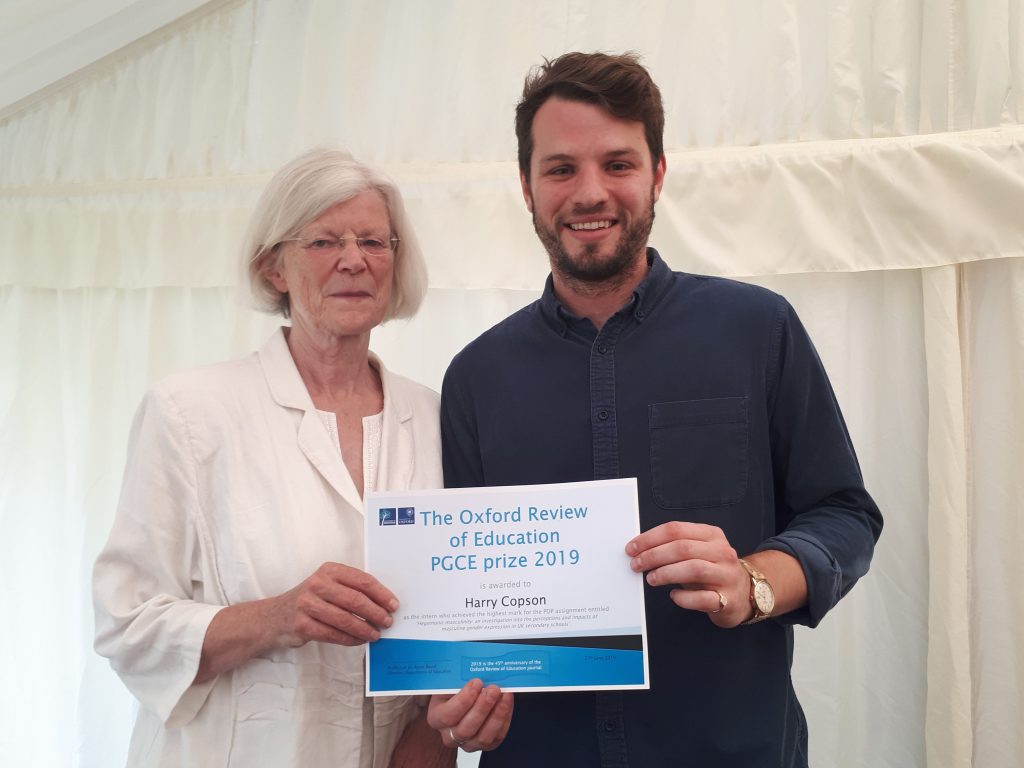The Project
The Political Economies of School Exclusion and their Consequences: Policy recommendations
The Covid-19 pandemic has exposed stark inequalities in our society, not least in school education. The Excluded Lives Research team give recommendations for policy makers that will support the successful reintegration of children and young people as they return to education in schools, sixth form colleges, further education colleges, special schools and pupil referral units and mitigate the risks of exclusion.
Although the Policy Conversations focus on recommendations for policy on school exclusions in England, or the United Kingdom where relevant, it is hoped that these documents will also be useful for colleagues in Northern Ireland, Scotland and Wales as they shed light on specific differences in educational policy and practice across the jurisdictions. The 36 policy makers, sector bodies, third sector representatives and practitioners that took part in these conversations were drawn from 28 organisations: 8 UK wide, 12 England, 1 England/Wales, 2 Wales, 2 Scotland and 3 Northern Ireland. The cross jurisdictional make up of the discussions includes comparative perspectives that point to different cultures regarding inclusion and exclusion.
Read the reports and details of the conversations that led to the policy recommendations below
Technical note
‘Policy Conversations: School Exclusions after COVID-19’ briefing paper
Between July and September 2020 national policy makers and influencers across education, health, social care and the police were invited to take part in virtual ‘Policy Conversations’ to further understand the policy implications of our initial report, School exclusion risks after COVID-19, and propose ways in which we can mitigate the potential risks of formal, informal and self-exclusion for children and young people following COVID-19. They were provided with this short briefing paper setting out the key findings from our first report and posing three questions to explore the issues.
Download the briefing paper here.
‘Policy Conversations: School Exclusions after COVID-19’ background paper
For more information on the participants and the methodology adopted in the ‘School exclusion risks after COVID-19’ virtual sessions and the subsequent ‘Policy Conversations’ download background document here.
School Exclusion Risks After COVID-19 Report
The educational disruption caused by the Covid-19 pandemic has produced potential new and heightened risks for school exclusions. Members of the Excluded Lives Research Team talked to practitioners, policy makers and professionals in different parts of England to glean an understanding of their perceptions of the situation.
Download the report here.
Additional vignette: ‘A death in the family’
Following the launch of the report, the childhood bereavement charity Winston’s Wish created an additional vignette to help illustrate the forms of grief some children and young people may be experiencing because of COVID-19. We thank Winston’s Wish for their support with this piece of work.
The vignette can be found here.
Technical note
‘School exclusions risks after COVID-19’ briefing paper
Between May and June 2020, practitioners, policy makers and professionals in different parts of England were invited to take part in virtual sessions exploring the topic of ‘School exclusion risks after COVID-19.’ They were provided with a short briefing paper prior to participating.
Download the briefing paper here
‘Policy Conversations: School Exclusions after COVID-19’ background paper
For more information on the participants and the methodology adopted in the ‘School exclusion risks after COVID-19’ virtual sessions and the subsequent ‘Policy Conversations’ download background document here.
Excluded Lives Project
This ESRC large grant aims to advance a multi-disciplinary understanding, and home-international comparison, of the political economies of exclusion, and how more equitable outcomes can be achieved for pupils, their families, and professionals. This will ensure that the knowledge gained of the costs and consequences of exclusion is comprehensive and captures the complexity of the interactions of different incentives and actions.
The research team, headed by the Department of Education, is a collaborative effort involving co-investigators from Oxford’s Faculty of Law, Centre for Criminology and Department of Psychiatry and, more widely, the University of Edinburgh, Cardiff University, Queen’s University Belfast and London School of Economics.
This project builds on previous research funded by the John Fell Fund, specifically two grants:
Daniels, Porter and Thompson: Disparities in rates of permanent exclusion from school across the UK (£39,790)
Daniels and Thompson: An Interdisciplinary View of Permanent Disciplinary Exclusion in Oxfordshire (£39,265)
The project is predominantly UK focused though features a wide international network expanding the potential for non-UK impact and knowledge exchange.
Follow on Twitter – @excludedlives
External project team
Co-Investigators at the Centre for Criminology, University of Oxford:
Rachel Condry, Professor of Criminology
Co-Investigators at the Faculty of Law, University of Oxford:
Lucinda Ferguson, Associate Professor of Family Law
Co-Investigators at the Department of Psychiatry, University of Oxford:
Mina Fazel, Associate Professor
Co-Investigators at Queen’s University Belfast:
Laura Lundy, Co-Director of the Centre for Children’s Rights
Tony Gallagher, Professor of Education at the School of Social Sciences, Education and Social Work
Gavin Duffy, Lecturer at the School of Social Sciences Education and Social Work
Gareth Robinson, Research Fellow at the School of Social Sciences, Education and Social Work
Co-Investigators at The University of Edinburgh:
Gillean McCluskey, Deputy Director of the Centre for Research in Education Inclusion and Diversity (CREID)
Ingrid Obsuth, Lecturer in Clinical Psychology at the School of Health in Social Science
Co-Investigators at Cardiff University:
Sally Power, Director of the Wales Institute of Social and Economic Research Data and Method (WISERD)
Chris Taylor, Co-Director of the Wales Institute of Social & Economic Research, Data & Methods (WISERD)
Co-Investigators at London School of Economics:
Eva Bonin, Assistant Professorial Research Fellow at the Care Policy and Evaluation Centre (CPEC)
Publications
- Cole, T., Daniels, H., McCluskey, G. and Tawell, A. (2019). Factors associated with high and low levels of school exclusions: Comparing the English and wider UK experience, Emotional and Behavioural Difficulties. https://doi.org/10.1080/13632752.2019.1628340.
- Daniels, H., Cole, T., Sellman, E., Sutton, J., Visser, J and Bedward, J. (2003). Study of Young People Permanently Excluded From School. https://www.researchgate.net/publication/267306639_Study_of_Young_People_Permanently_Excluded_From_School.
- Daniels, H., Thompson, I. and Tawell, A. (2019). After Warnock: The effects of perverse incentives in policies in England for students with special educational needs, Frontiers in Education. https://doi.org/10.3389/feduc.2019.00036.
- Daniels, H., Thompson, I., & Tawell, A. (2019). Practices of exclusion in cultures of ‘inclusive’ schooling in the United Kingdom. Revista Publicaciones. https://revistaseug.ugr.es/index.php/publicaciones/article/download/11402/9416.
- Duffy, G. & Gallagher, T. (2017). Shared Education in contested spaces: How collaborative networks improve communities and schools. Journal of Educational Change. 18: 107. https://doi.org/10.1007/s10833-016-9279-3.
- Duffy, Gavin & Elwood, Jannette. (2013). The perspectives of ‘disengaged’ students in the 14–19 phase on motivations and barriers to learning within the contexts of institutions and classrooms. London Review of Education. 11. 112-126. https://www.ingentaconnect.com/content/ioep/clre/2013/00000011/00000002/art00003.
- McCluskey, G., Cole, T., Daniels, H., Thompson, I. and Tawell, A. (2019). Exclusion from school in the UK: Is Scotland different? British Educational Research Journal. https://doi.org/10.1002/berj.3555.
- Obsuth, I., Cope, A., Sutherland, A., Pilbeam, L., Murray, A., Elsner, M. (2016). London Education and Inclusion Project (LEIP): Exploring Negative and Null Effects of a Cluster-Randomised School-Intervention to Reduce School Exclusion—Findings from Protocol-Based Subgroup Analyses. PLOS ONE 11(4). https://doi.org/10.1371/journal.pone.0152423.
- Obsuth, I., Sutherland, A., Cope, A., Pilbeam, L., Murray, A. L., & Eisner, M. (2017). London Education and Inclusion Project (LEIP): Results from a cluster-randomized controlled trial of an intervention to reduce school exclusion and antisocial behavior. Journal of Youth and Adolescence, 46(3), 538-557. https://doi.org/10.1007/s10964-016-0468-4.
- Power, S. and Taylor, C. (2018) Not in the classroom, but still on the register: Hidden forms of school exclusion, International Journal of Inclusive Education. https://www.tandfonline.com/doi/full/10.1080/13603116.2018.1492644.
- Power, S., Rhys, M., Taylor, C., & Waldron, S. (2019) How child-centred education favours some learners more than others. Review of Education 7, 3, 570-592. https://doi.org/10.1002/rev3.3137.
- Tawell, A., Saghy, E. and Yang, Z. (2019). Mapping pre- and post-exclusion trajectories using Tiki-Toki Desktop Timeline Software. In: A. Tawell., K. Davison, F. Faitaki and Y. Ikbal Oldaç, eds. Technology Matters: Proceedings of the 2018 STORIES Conference, 12th-13th March, Oxford. STORIES 2018 Conference, pp.44-54. https://ora.ox.ac.uk/objects/uuid:1336877e-1678-4e70-8914-850f7437565c.
- Taylor, C., Rees, G. and Davies, R. (2013) Devolution and geographies of education: the use of the Millennium Cohort Study for ‘home international’ comparisons across the UK, Comparative Education, 49, 3, 290-316. https://www.tandfonline.com/doi/full/10.1080/03050068.2013.802927.
- Thompson, I. and Tawell, A. (2017). Becoming other: Social and emotional development through the creative arts for young people with behavioural difficulties, Emotional and Behavioural Difficulties, 22(1), pp.18-34. https://doi.org/10.1080/13632752.2017.1287342.
Publications
- Cole, T., Daniels, H., McCluskey, G. and Tawell, A. (2019). Factors associated with high and low levels of school exclusions: Comparing the English and wider UK experience, Emotional and Behavioural Difficulties. https://doi.org/10.1080/13632752.2019.1628340.
- Daniels, H., Cole, T., Sellman, E., Sutton, J., Visser, J and Bedward, J. (2003). Study of Young People Permanently Excluded From School. https://www.researchgate.net/publication/267306639_Study_of_Young_People_Permanently_Excluded_From_School.
- Daniels, H., Thompson, I. and Tawell, A. (2019). After Warnock: The effects of perverse incentives in policies in England for students with special educational needs, Frontiers in Education. https://doi.org/10.3389/feduc.2019.00036.
- Daniels, H., Thompson, I., & Tawell, A. (2019). Practices of exclusion in cultures of ‘inclusive’ schooling in the United Kingdom. Revista Publicaciones. https://revistaseug.ugr.es/index.php/publicaciones/article/download/11402/9416.
- Duffy, G. & Gallagher, T. (2017). Shared Education in contested spaces: How collaborative networks improve communities and schools. Journal of Educational Change. 18: 107. https://doi.org/10.1007/s10833-016-9279-3.
- Duffy, Gavin & Elwood, Jannette. (2013). The perspectives of ‘disengaged’ students in the 14–19 phase on motivations and barriers to learning within the contexts of institutions and classrooms. London Review of Education. 11. 112-126. https://www.ingentaconnect.com/content/ioep/clre/2013/00000011/00000002/art00003.
- McCluskey, G., Cole, T., Daniels, H., Thompson, I. and Tawell, A. (2019). Exclusion from school in the UK: Is Scotland different? British Educational Research Journal. https://doi.org/10.1002/berj.3555.
- Obsuth, I., Cope, A., Sutherland, A., Pilbeam, L., Murray, A., Elsner, M. (2016). London Education and Inclusion Project (LEIP): Exploring Negative and Null Effects of a Cluster-Randomised School-Intervention to Reduce School Exclusion—Findings from Protocol-Based Subgroup Analyses. PLOS ONE 11(4). https://doi.org/10.1371/journal.pone.0152423.
- Obsuth, I., Sutherland, A., Cope, A., Pilbeam, L., Murray, A. L., & Eisner, M. (2017). London Education and Inclusion Project (LEIP): Results from a cluster-randomized controlled trial of an intervention to reduce school exclusion and antisocial behavior. Journal of Youth and Adolescence, 46(3), 538-557. https://doi.org/10.1007/s10964-016-0468-4.
- Power, S. and Taylor, C. (2018) Not in the classroom, but still on the register: Hidden forms of school exclusion, International Journal of Inclusive Education. https://www.tandfonline.com/doi/full/10.1080/13603116.2018.1492644.
- Power, S., Rhys, M., Taylor, C., & Waldron, S. (2019) How child-centred education favours some learners more than others. Review of Education 7, 3, 570-592. https://doi.org/10.1002/rev3.3137.
- Tawell, A., Saghy, E. and Yang, Z. (2019). Mapping pre- and post-exclusion trajectories using Tiki-Toki Desktop Timeline Software. In: A. Tawell., K. Davison, F. Faitaki and Y. Ikbal Oldaç, eds. Technology Matters: Proceedings of the 2018 STORIES Conference, 12th-13th March, Oxford. STORIES 2018 Conference, pp.44-54. https://ora.ox.ac.uk/objects/uuid:1336877e-1678-4e70-8914-850f7437565c.
- Taylor, C., Rees, G. and Davies, R. (2013) Devolution and geographies of education: the use of the Millennium Cohort Study for ‘home international’ comparisons across the UK, Comparative Education, 49, 3, 290-316. https://www.tandfonline.com/doi/full/10.1080/03050068.2013.802927.
- Thompson, I. and Tawell, A. (2017). Becoming other: Social and emotional development through the creative arts for young people with behavioural difficulties, Emotional and Behavioural Difficulties, 22(1), pp.18-34. https://doi.org/10.1080/13632752.2017.1287342.
Research Team


















